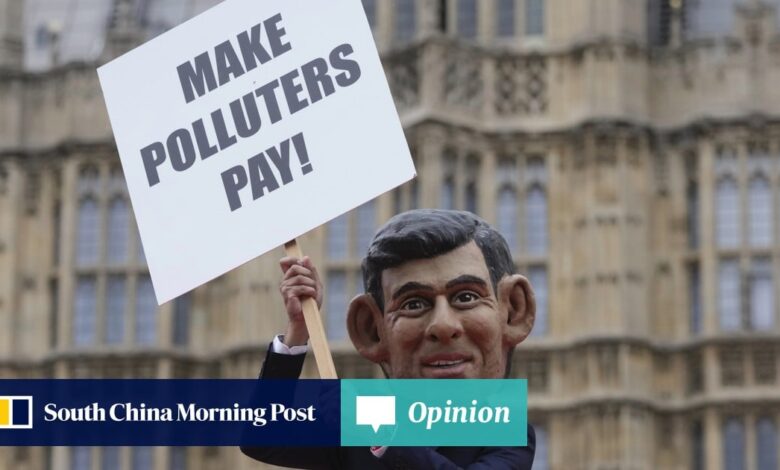Opinion: Climate crisis: how to tackle the public backlash against the costs of a green transition

[ad_1]
Added to this is a wave of backsliding on green initiatives, which have widened fault lines around the world, most notably in Europe, the long-touted leader in climate consciousness and a front runner in rolling out climate policies. There are signs that the politics of climate change is slowing down Europe’s decarbonisation drive.

Given the competing priorities, the trilemma suggests that countries can at most pursue two of these three energy objectives simultaneously. For most European countries, the tussle is between ensuring a supply of sustainable energy (energy sustainability) and its affordability for households and businesses.
Some green backlash was inevitable as governments may, initially, have oversold the benefits of moving towards a decarbonised economy without emphasising the costs imposed on some segments of the population in the interim.
Back in 1991, Michael Porter wrote that a low-carbon future will cut costs and improve the welfare of societies over time as it encourages innovation in clean technology and energy efficiency. But the Porter hypothesis, if it does eventuate, is a long-run outcome.
China, India worst hit as half a million coal workers face job cuts globally by 2035
China, India worst hit as half a million coal workers face job cuts globally by 2035
As the IMF noted: “Individual workers face tough challenges in moving to greener jobs from more pollution-intensive jobs, complicating labour reallocation.”
Some parallels can be drawn between the growing disquiet over the climate change transition and the resistance against economic globalisation that swept several advanced countries in the early 2000s. In response to a populist surge, many governments preached the virtues of globalisation but failed to adequately manage the transition in terms of compensating those left behind.
Governments would do well not to repeat the same mistake with the green transition, and to ensure appropriate compensatory mechanisms and safety nets are provided for workers and communities who may feel aggrieved by the outcomes of the transition.
In the absence of these, the populist surge that has concentrated mainly in Europe may well spread to other parts of the world. If the green backlash gathers further momentum, it could risk further jeopardising the transition, even as record high global temperatures remind us that climate action has never been more critical.
Bhavya Gupta is a PhD candidate at the Lee Kuan Yew School of Public Policy, National University of Singapore, and a Fox International Fellow 2022-23 at Yale University
Ramkishen S. Rajan is Yong Pung How Professor at the Lee Kuan Yew School of Public Policy, National University of Singapore
[ad_2]
Source link






